Our Programs
ABOUT VISHAV SEWA FOUNDATION
VISHAV SEWA FOUNDATION (CIN: U85300CH2021NPL043945) is a Private company incorporated on 29 Dec 2021. It is classified as Non-government company and is registered at Registrar of Companies, Chandigarh. Its authorized share capital is Rs. 1500000.00 and its paid up capital is Rs. 10000.00.
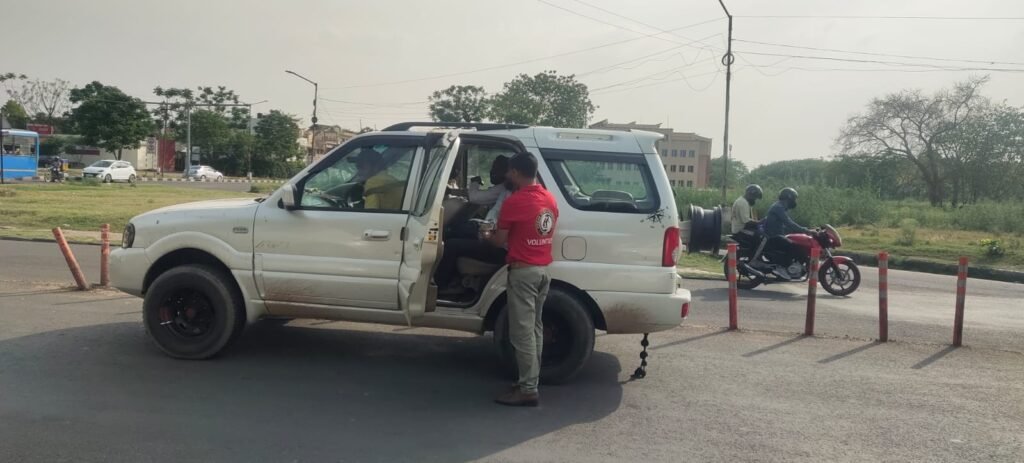
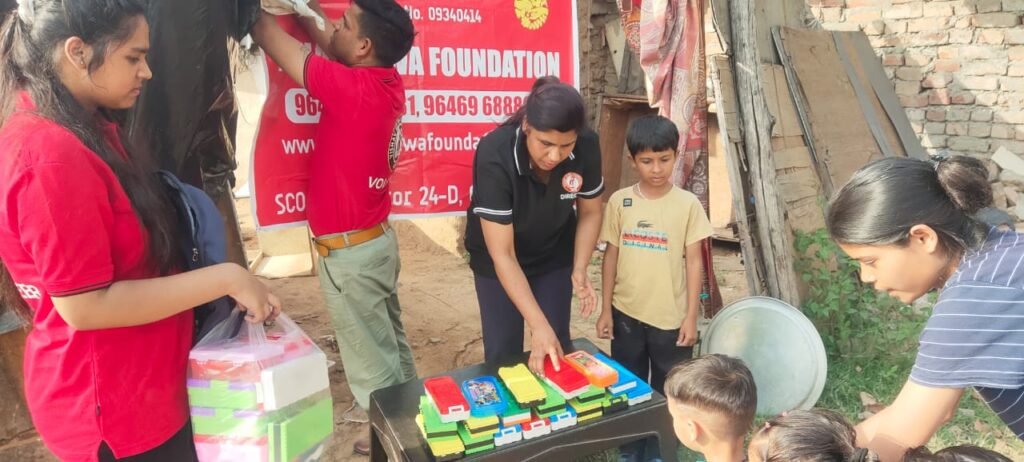
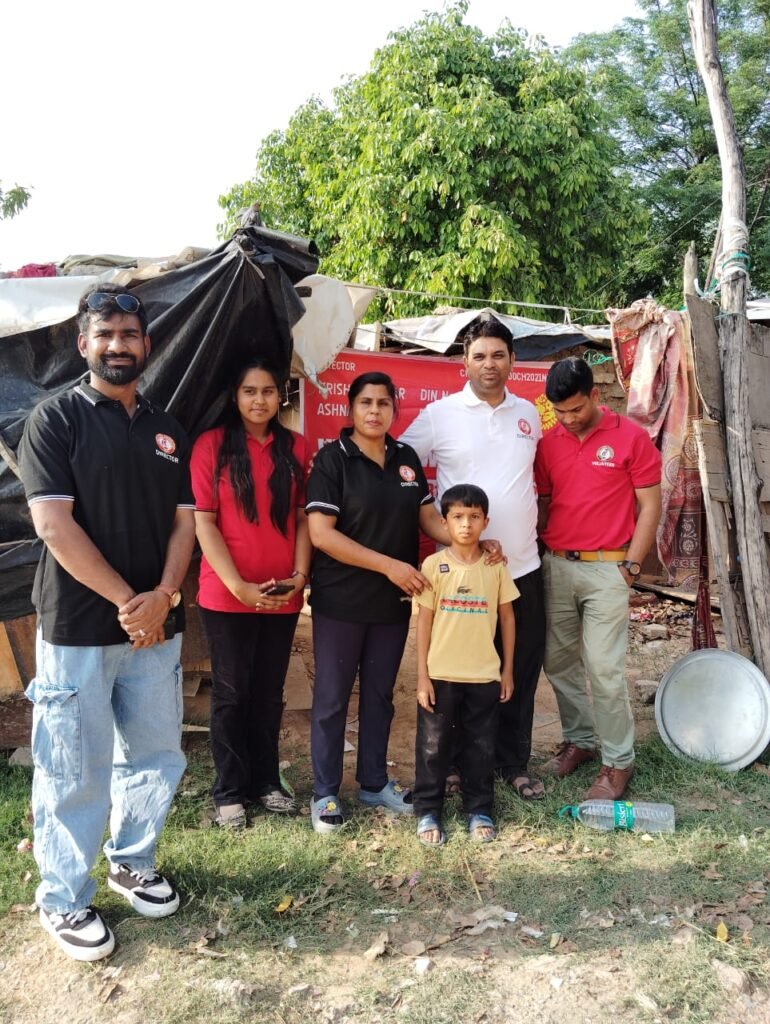
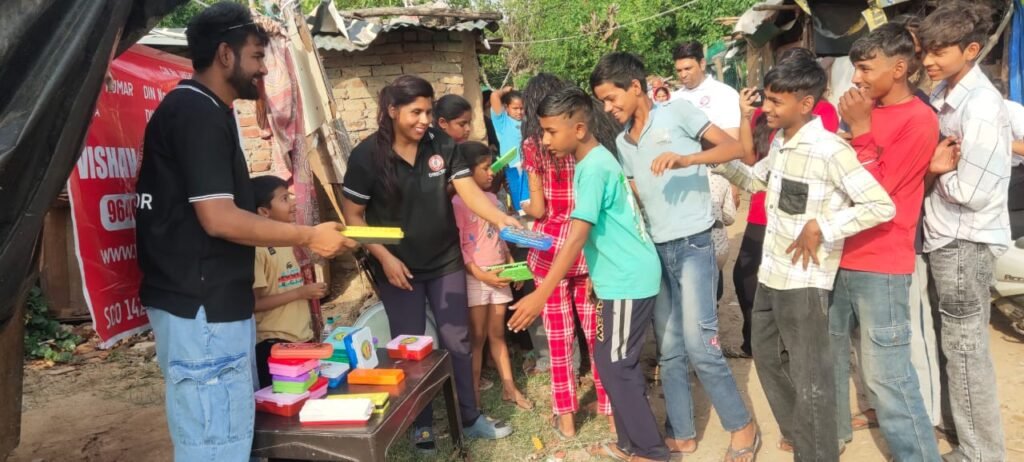
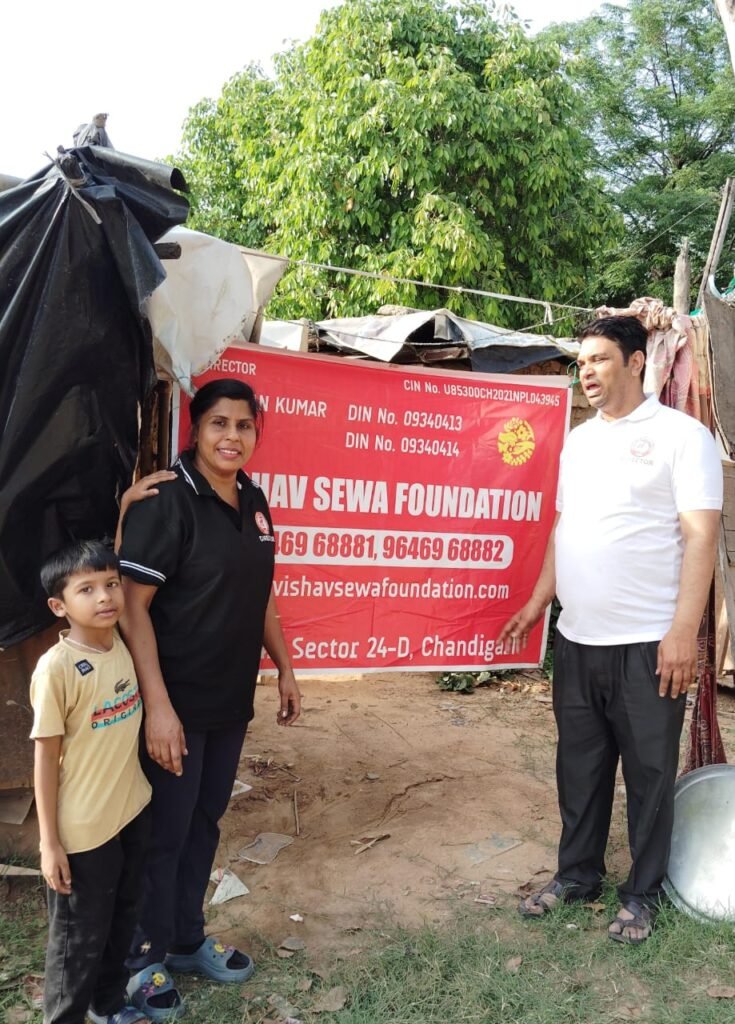


- Food distribution program – We serve and help people with food to those in need, we are trying to Improve an existing food distribution program – Need better strategies for efficiency and impact.
- Education & Skill Development
Mobile Learning Centers: A bus converted into a classroom to provide education in remote areas.
Scholarship & Mentorship Programs: Financial and mentorship support for underprivileged students.
Digital Literacy Campaigns: Teaching basic computer and internet skills to disadvantaged communities.
Vocational Training Centers: Training youth and women in skills like tailoring, carpentry, coding, etc. - Healthcare & Well-being
Free Medical Camps: Providing free checkups and medicines in rural or slum areas.
Mental Health Awareness Programs: Conducting counseling sessions and awareness workshops.
Sanitation & Hygiene Campaigns: Distributing hygiene kits and teaching personal cleanliness.
Maternal & Child Health Initiatives: Educating pregnant women on nutrition and postnatal care. - Environmental Conservation
Tree Plantation Drives: Engaging local communities in afforestation projects.
Plastic Waste Management: Setting up recycling programs and awareness campaigns.
Renewable Energy Solutions: Promoting solar energy solutions in rural areas.
Water Conservation Projects: Rainwater harvesting and groundwater recharge programs. - Women Empowerment
Self-Help Groups (SHGs): Supporting women entrepreneurs with micro-financing.
Legal Awareness Workshops: Educating women about their rights and protection laws.
Menstrual Hygiene Awareness: Providing sanitary pads and education in schools and rural areas.
Safe Spaces for Domestic Abuse Survivors: Shelters and rehabilitation programs. - Child Welfare & Protection
Rescue & Rehabilitation of Street Children: Providing shelter, food, and education.
Anti-Child Labor Campaigns: Advocating for children’s rights and preventing exploitation.
School Nutrition Programs: Providing mid-day meals to improve attendance and health.
Support for Orphanages & Foster Care: Raising funds and awareness for child care homes.
6. Rural & Community Development
Self-Sustaining Villages: Helping villages become self-reliant with farming, water, and electricity projects.
Microfinance & Livelihood Support: Providing small loans and training for entrepreneurship.
Infrastructure Development: Building schools, toilets, and community centers in underdeveloped areas.
Tribal & Indigenous Rights Programs: Preserving culture, land rights, and education for indigenous people. - Disaster Relief & Humanitarian Aid
Emergency Relief Funds: Quick-response funds for floods, earthquakes, or pandemics.
Rehabilitation Support: Helping affected families rebuild their lives post-disaster.
Food & Clothing Drives: Distributing essential supplies to affected populations.
Psychosocial Support & Trauma Counseling: Providing mental health support to survivors
